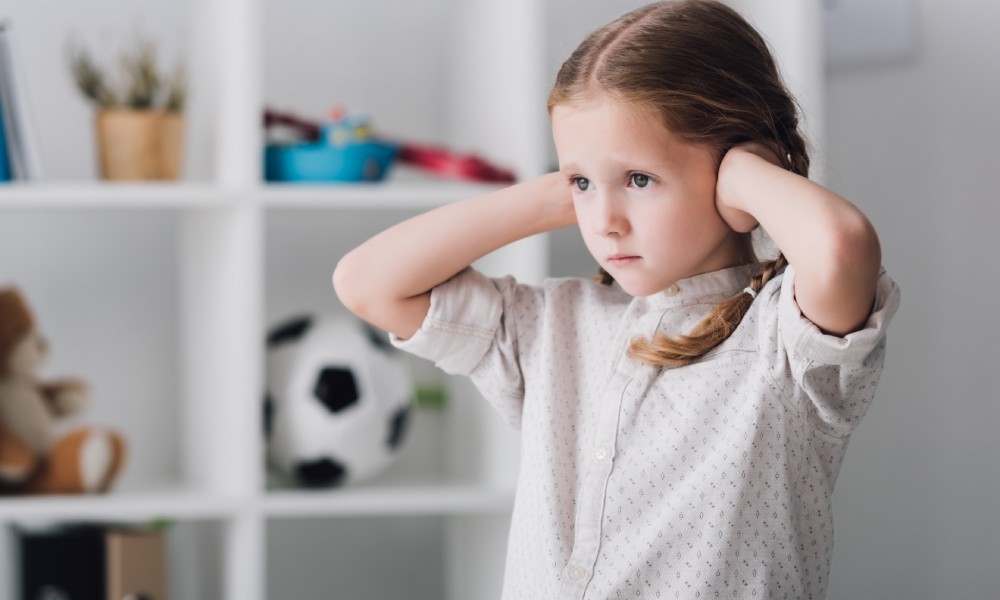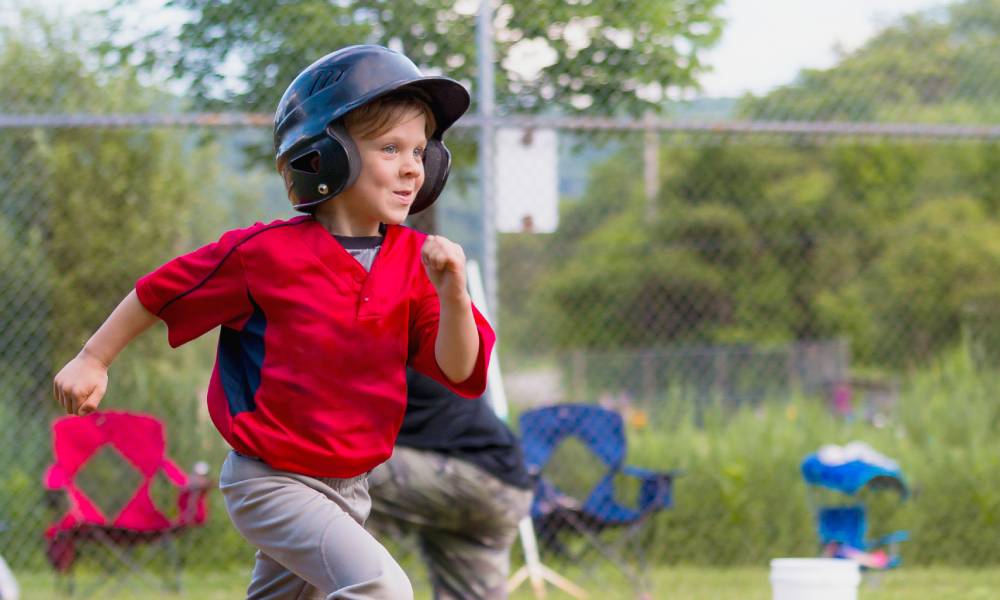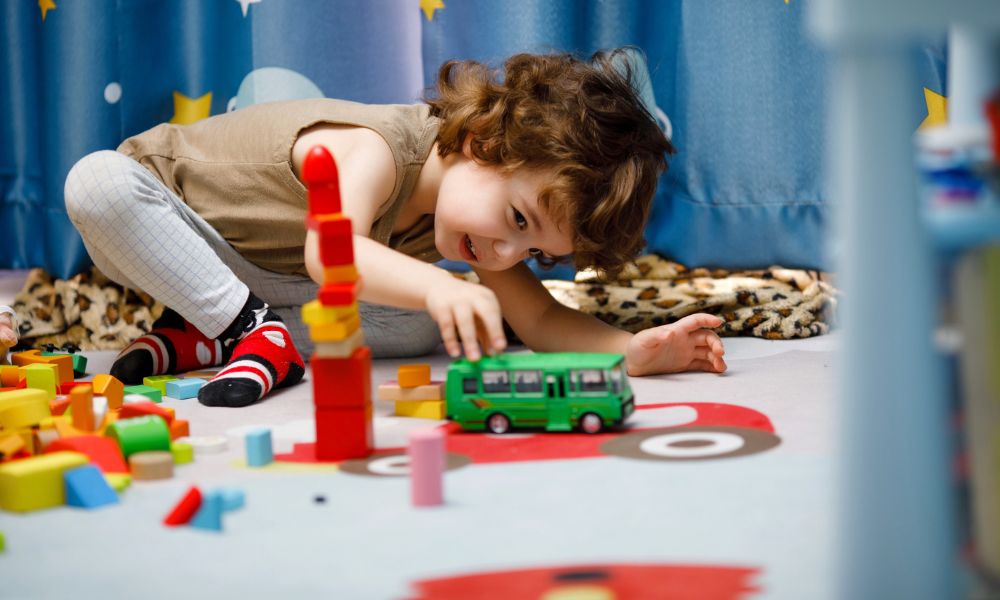Are you having a hard time getting your kids into their beds at night? You’re not alone. Uncover tips on how you can help your child sleep better.
Read MoreCategory: autism
Tips for Keeping Your Car Free of Crumbs and Spills
If you have kids, you know that the backseat of your car can be a disaster. However, there are a few quick ways to make sure your vehicle looks its best.
Read MoreWhy Positive Reinforcement Works for Children With Autism
Have you ever wondered why positive reinforcement works for children with autism? Explore the in-depth answer in this blog, and begin using this method.
Read MoreReasons To Visit Caves and Caverns With Your Kids
Zoos and museums are common stops for families, but your state might have a show cave or two filled with natural wonders that will amaze your children.
Read MoreIdeas for Reducing Sensory Overload in Your Home
If your child has autism, you know that excessive stimuli can overwhelm and interrupt your child’s life. Ensure your home doesn’t contribute to their stress.
Read MoreHow Team Sports Can Benefit Children With Autism
If you’re looking for a way to help your child socialize and connect with others their age, signing them up for a team sport might be just the thing.
Read MoreWays To Improve the Hand Skills of Young, Autistic Children
Young children need strong fine motor skills to carry out daily tasks. Here are some important ways to improve the hand skills of young, autistic children.
Read More6 Rewarding Activities You Can Do With Your Autistic Child
There are a host of ways your child can have fun while improving their skills. Discover six rewarding activities you can do with your autistic child.
Read MoreThe Importance of Routine After an Autism Diagnosis
One of the most advantageous things you can do for a child with autism is establish a healthy routine. Study the importance of routines in this read.
Read More5 Reasons To Avoid BPA in Your Baby’s Products
Studies have shown that Bisphenol A (BPA) can have negative health effects on our children. Learn about these potential effects and how to respond.
Read More








